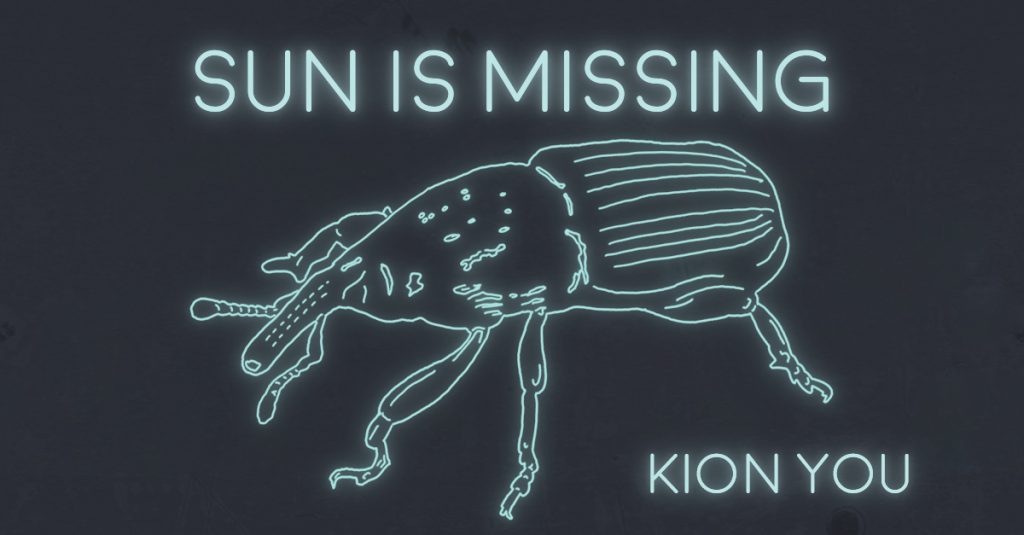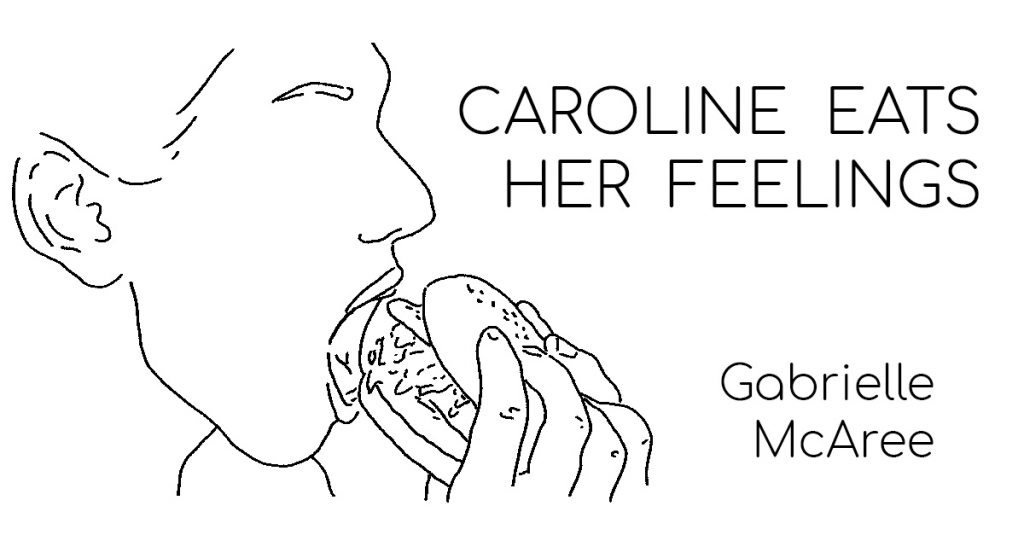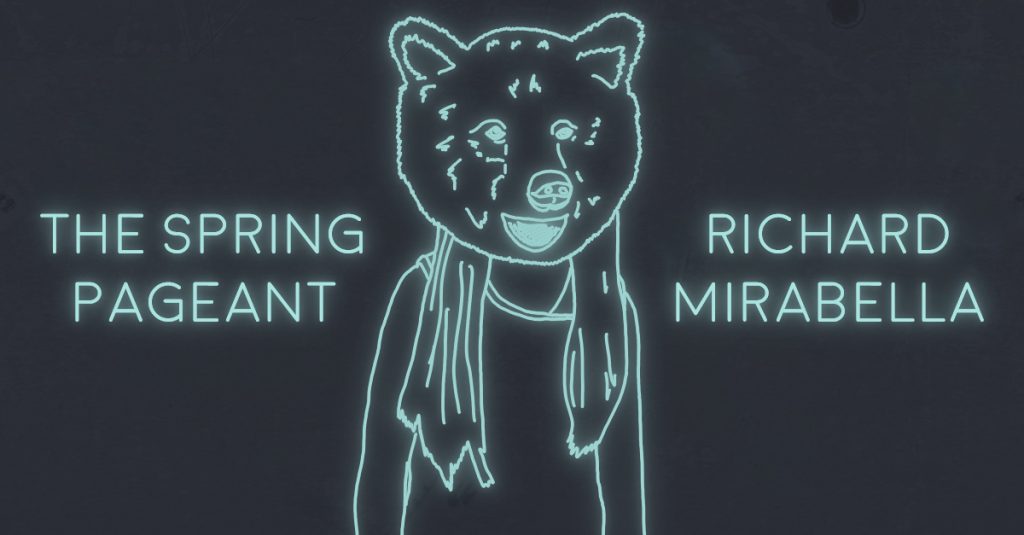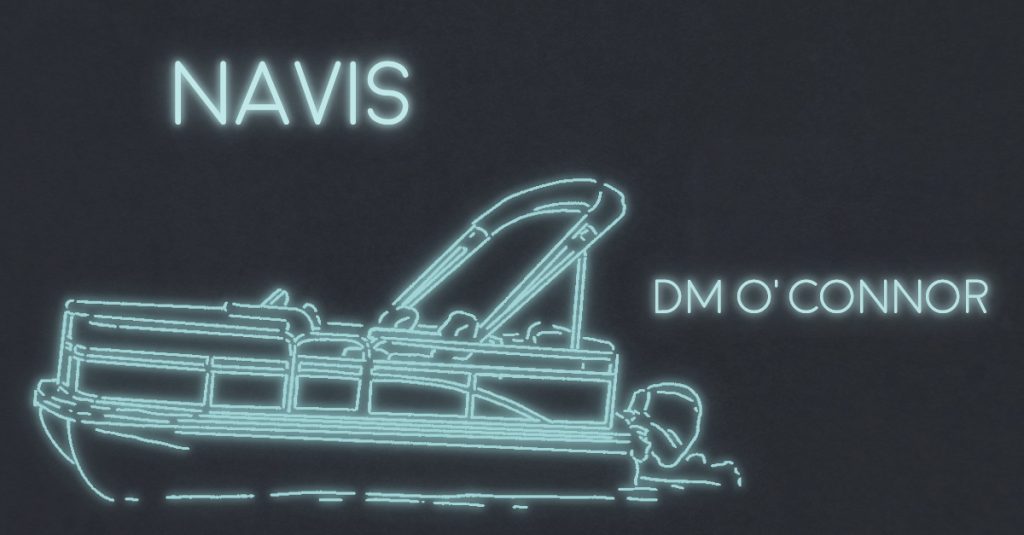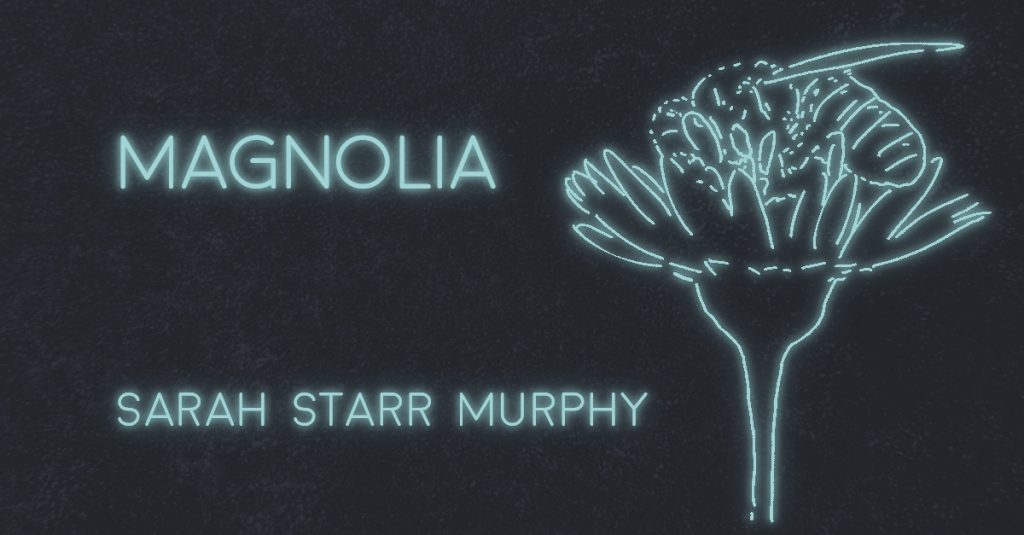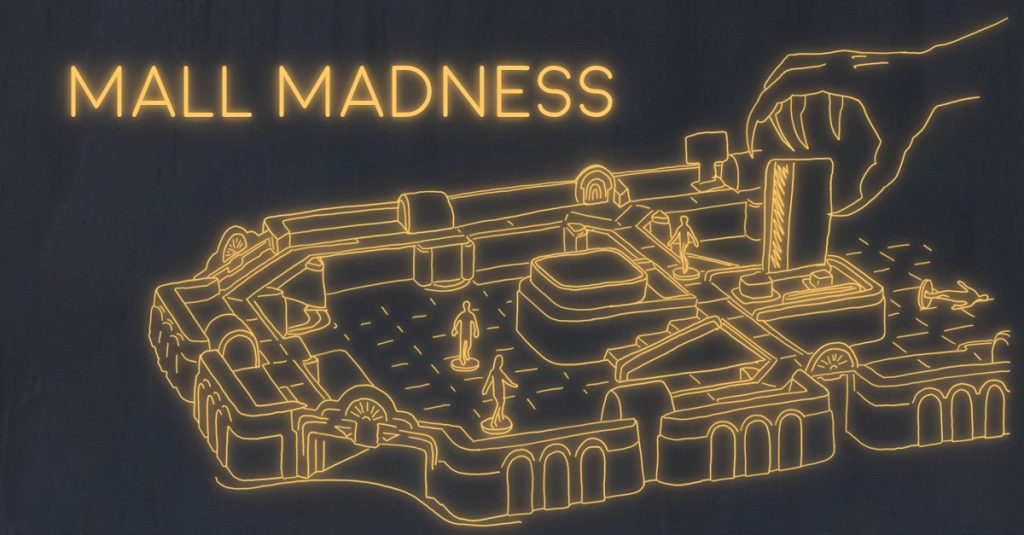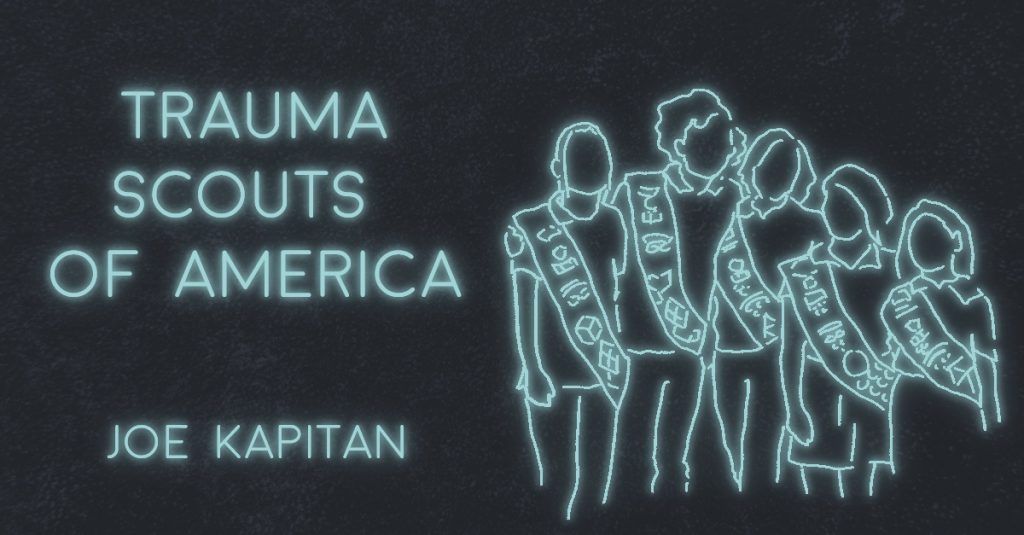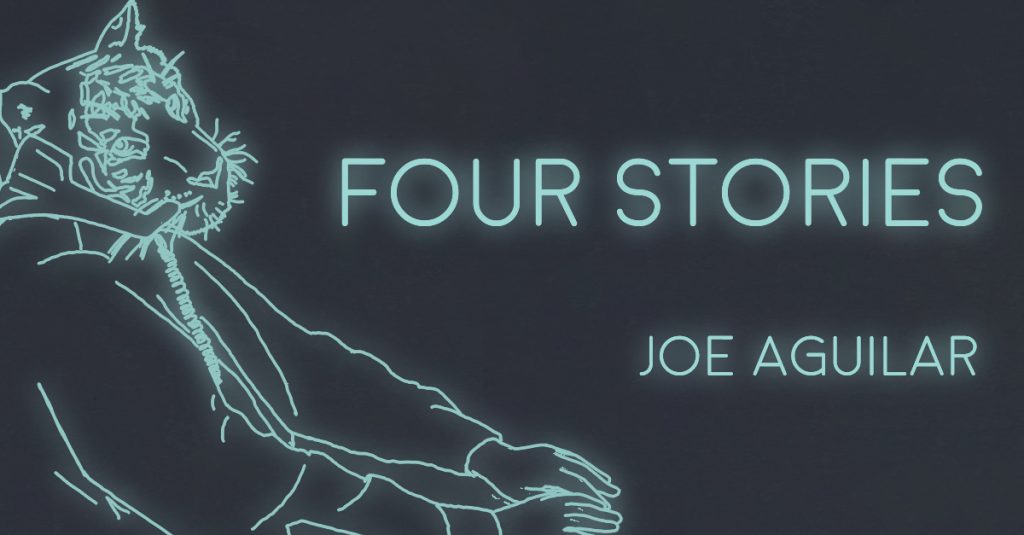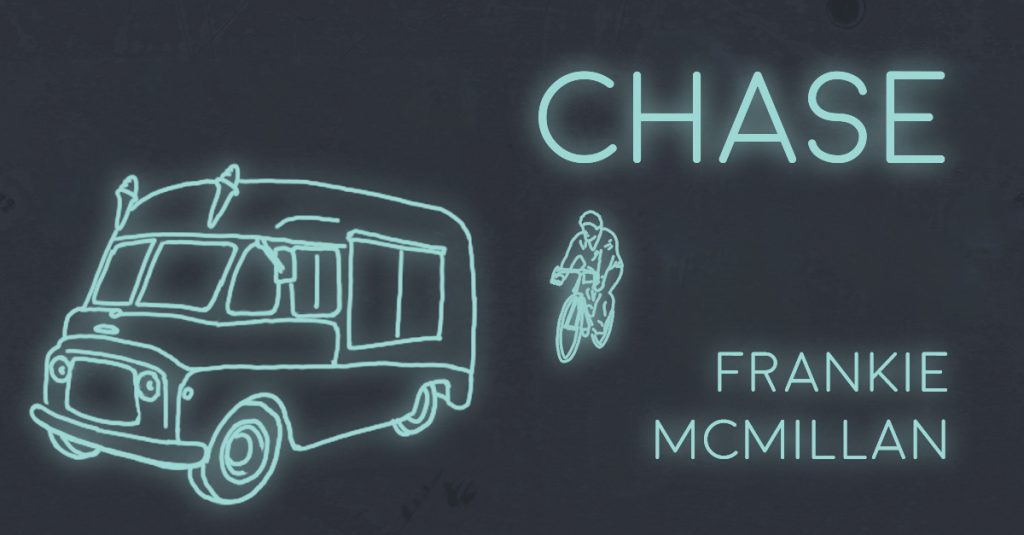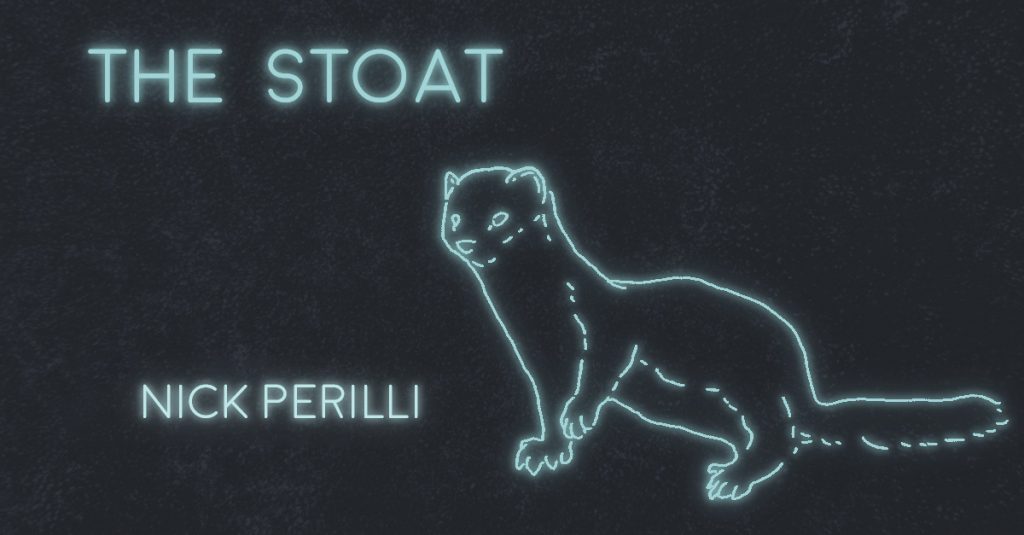
THE STOAT by Nick Perilli
We don’t know where the hole in the basement of our house goes, only that it’s far deeper than it looks. Our pet stoat made it last year before disappearing into it. She was always digging—into our wood floors, our garden, our couches, and pantries—but this hole was her masterpiece. The white fur on her belly darkened with dirt over time. Since the day we brought the stoat home, she didn’t pay us any mind; she only had time for digging. She escaped from her cage whenever we weren’t looking, and we admit we rarely looked. Whatever the stoat was…

